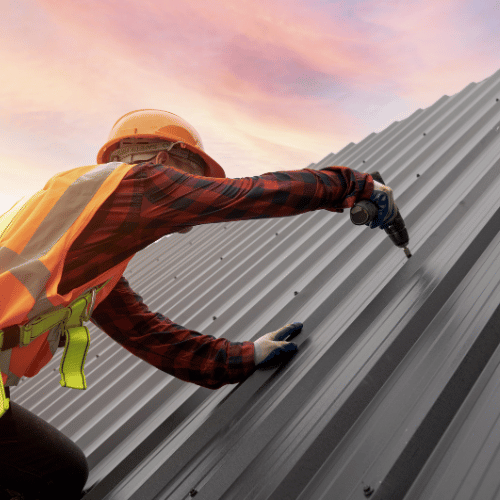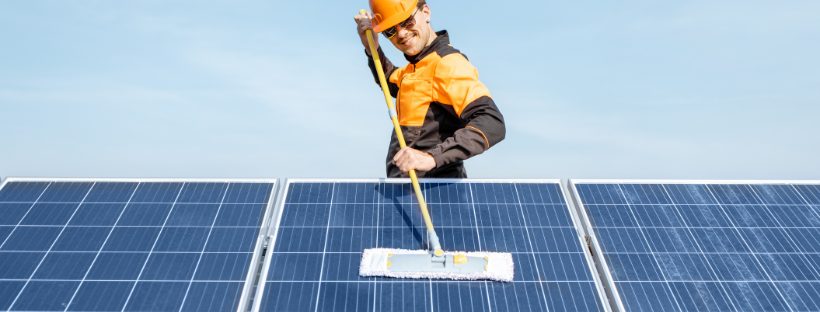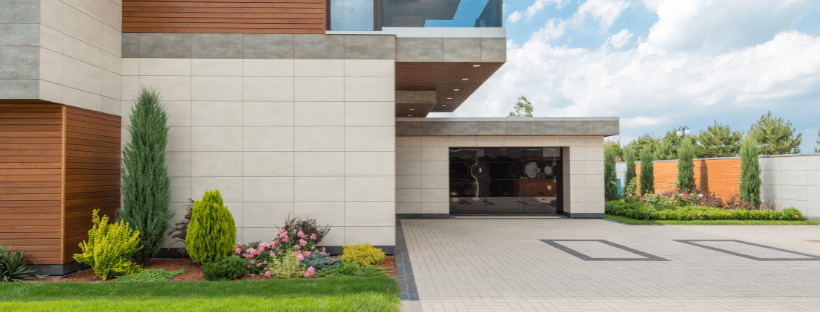HOW TO CHOOSE THE BEST SEALER FOR YOUR NEXT CONCRETE JOB
Some helpful tips to understand what sealers to use and where to use them.

OK, you want to reseal your driveway or your warehouse!
You’ve been scanning the internet, found a few ‘technical’ articles, spoken to a ‘mate’ who’s in the business, but you still don’t know where to start.
There are lots of sealing products on the market, but before you try to do the job yourself you need to understand the differences between the products and when they can be used.
Here’s a brief summary which will give you enough information to be confident to try it yourself, or at least be able to talk to a professional without looking like a ‘dummy’.
What types of sealers are there?
There are FOUR main types of Sealer.
- Penetrating Sealers
- Acrylic Sealers
- Epoxy Sealers
- Polyurethane Sealers
Penetrating Sealers
These are also called Impregnating Sealers.
These are pore lining natural finish sealers that do not form a film on the surface, they allow the surface to breathe and are best for natural finish protection.
They are best used on stone, marble, finished and precast concrete.
This type of sealer has a long life as they work into the surface, not onto it.
Acrylic Sealers
Acrylics form a thin layer on the surface that will give a “wet” look.
They come in either semi-gloss or gloss.
Acrylics usually dry quicker than other coating sealers but have a shorter lifespan. (around 12-18 months).
Epoxy Sealers
Epoxy is generally applied in a two pack process with epoxy and hardener being mixed just before application.
Epoxy applies a thick coating over the surface and gives high protection.
It is generally used on internal concrete surfaces or warehouse floors.
It is not suitable for outside application as it has low Ultraviolet (UV) stability.
Polyurethane Sealers
Very similar to epoxy except they are single component and UV stable so can be used inside and outside.
Polyurethane sealers are predominantly used on concrete floors and walls.
What am I Sealing and what is the best sealer for a surface?
The most common surfaces are natural stone, marble, brick, or concrete and they all have different levels of porosity and finishes.
There are some important things to understand regarding the various finishes and how you should, and shouldn’t treat them.
For example, you should never put an acrylic concrete sealer on a natural stone surface.
Natural Stone
To keep its natural beauty, you want to use a penetrating sealer. You may want some slight colour enhancement but generally you wouldn’t place a coating over natural stone.
Marble
Marble is normally finished to a high polish so the shine is already present prior to sealing. Similar to Natural Stone you would use a penetrating sealer. Be aware you need to ensure the sealer mentions polished or marble surfaces.
This is important because not all penetrating sealers can penetrate into a dense polished surface like marble.
Concrete
Concrete gives you much more choice of sealers you can use. Below is a more detailed look at some of the things you need to consider when sealing concrete.
What finish do I want?
Sealers have a variety of finishes.
The first question is “What finish do I want”?
It’s important you understand which sealers can achieve which finish.
Natural Finish
To achieve a natural finish you will need a penetrating sealer. This will give you great protection but will not be visible.
Enhanced Finish
If you’re goal is to enhance the surface colour without a glossy finish, you will need a penetrating sealer.
Semi-Gloss
To achieve a small shine, or “wet” look, requires an acrylic, epoxy or polyurethane product. Water-based products generally have less shine than solvent-based.
Gloss to Hi-Gloss
Solvent-based sealers, like epoxy and polyurethane, will give a high gloss finish.
The result will depend on whether it is being used inside or outside.
Where am I applying the sealer and why the right sealer matters?
OK, now you know what you’re sealing and the finish you would like to achieve.
The next question to ask is “where am I sealing?”
Is it indoor, outdoor, near a pool or a patio area?
This will all determine what you can use to achieve the best result.
Penetrating Sealers
Penetrating sealers are the most versatile, they can be used indoors and out, and can protect all porous surfaces from concrete to marble. They also have water, stain, and oil repellent properties. If you are sealing a sloped surface or around a pool or wet area, then penetrating sealers are recommended as they don’t increase how slippery the surface is when wet
Acrylic Sealers
Acrylics are also versatile but will make the surface more slippery. They tend to wear more quickly in high traffic areas. They are UV stable but generally for only around 12 months.
Polyurethane Sealers
Polyurethanes can be used inside and outside. They are an expensive coating that is more difficult to install but more hard-wearing than an acrylic.
Epoxy Sealers
Epoxy can only be used inside and is predominantly used on garage and warehouse floors.
The next question you need to ask is:
“What am I protecting from and why all sealers are not the same?
If you are you sealing to protect from chemical spills in a warehouse you will need a different sealer to general household spills.
Penetrating sealers are the best natural protection you can buy.
Despite this, there are some important things to know. Spills and stains, when left to sit can eventually penetrate the surface. It is not recommended to use penetrating sealers where acid or harsh chemicals are likely.
Acrylics are a quick solution that will repel most stains.
The protection tends to be only for a short period of time so regular re-coating is necessary.
Epoxy’s have better sealing qualities and will repel all stains for a longer period.
Polyurethane will give the highest protection for heavy chemical and oil spills.







